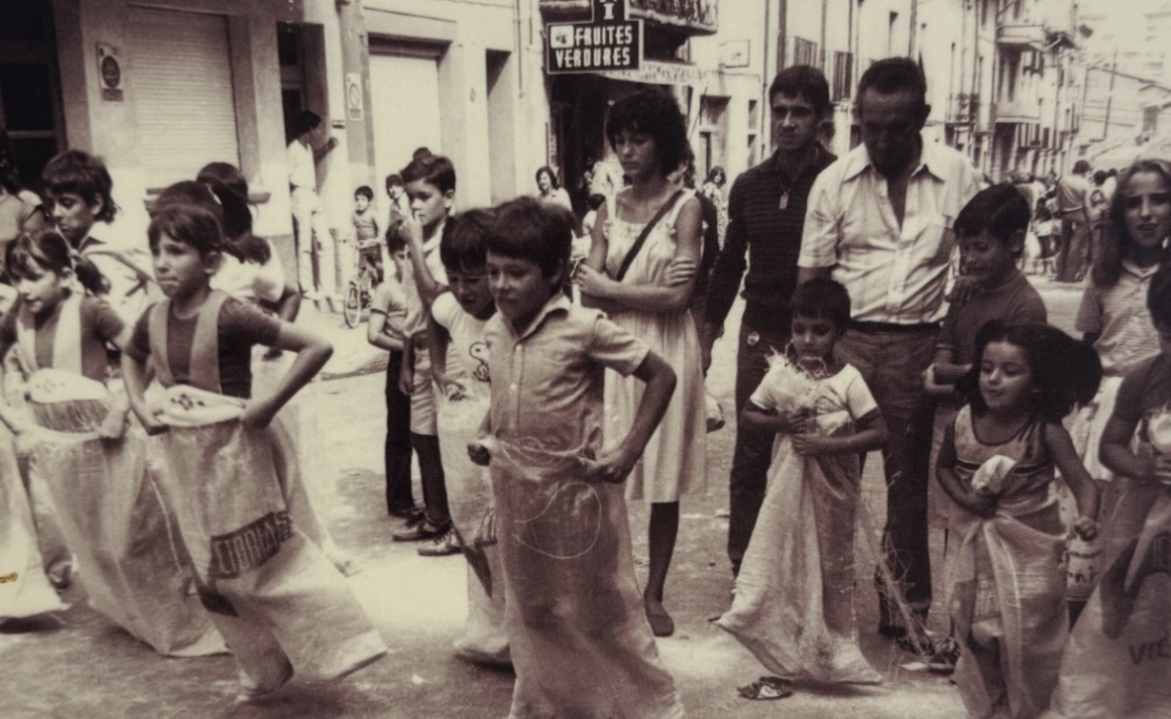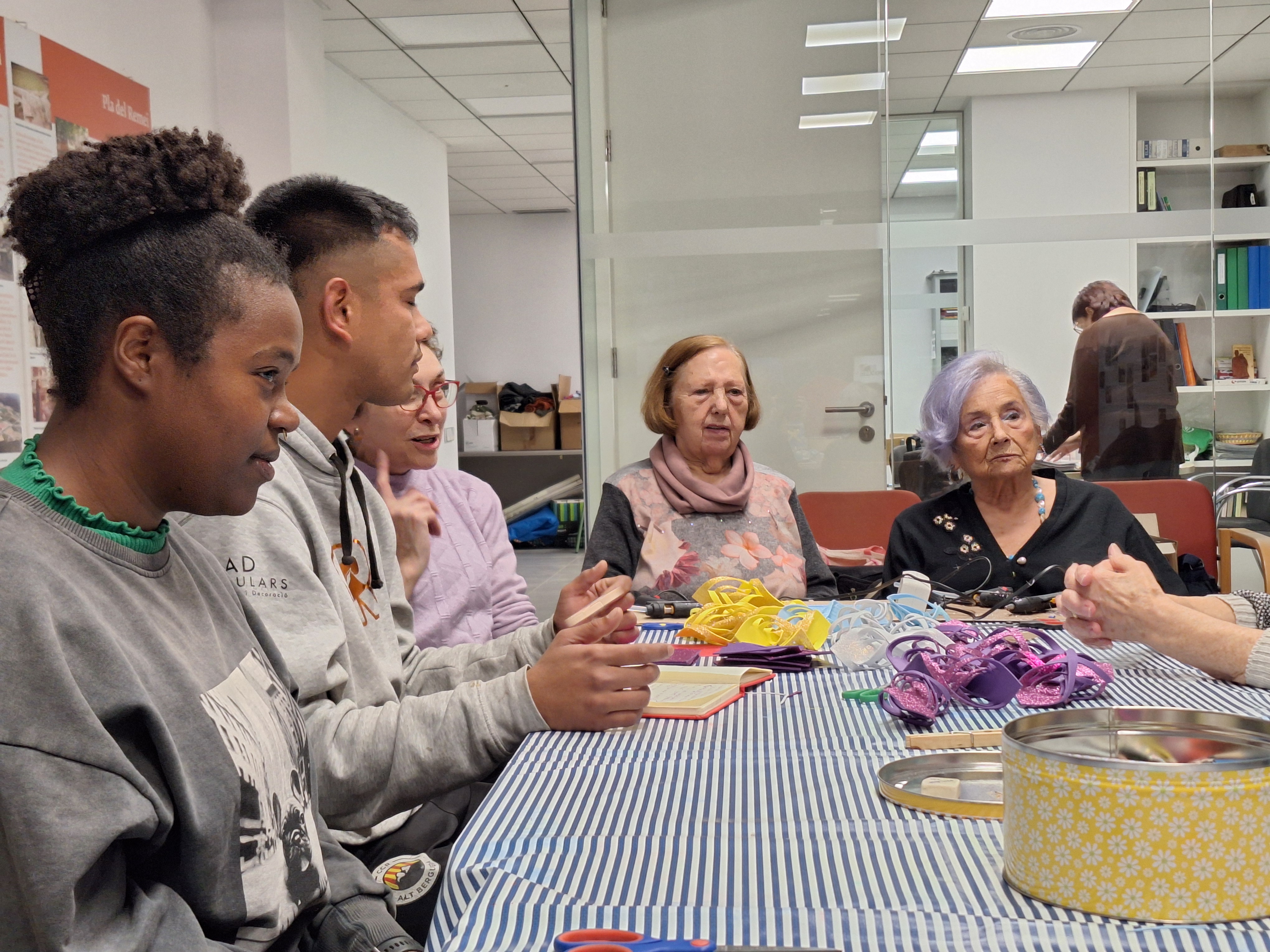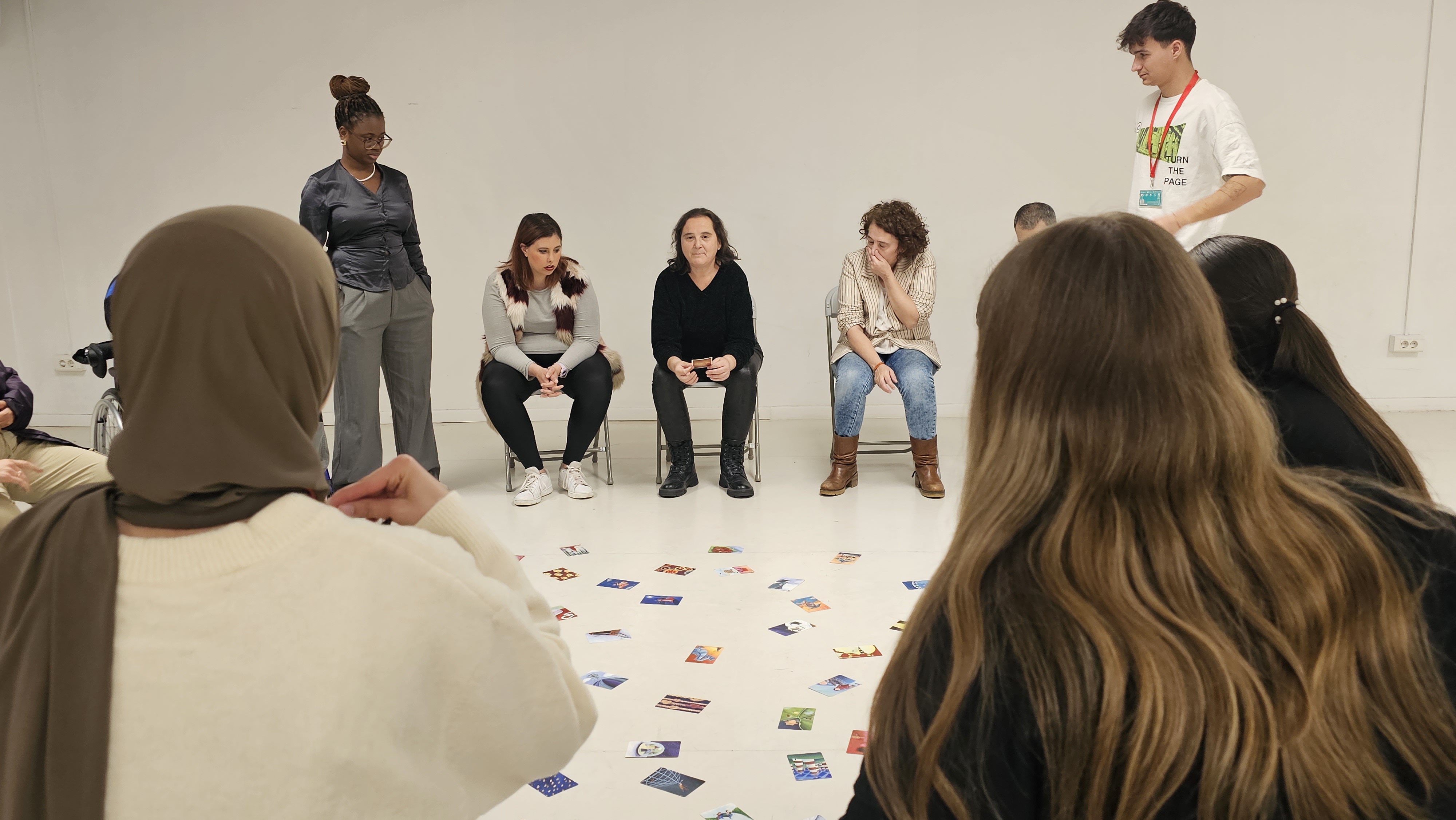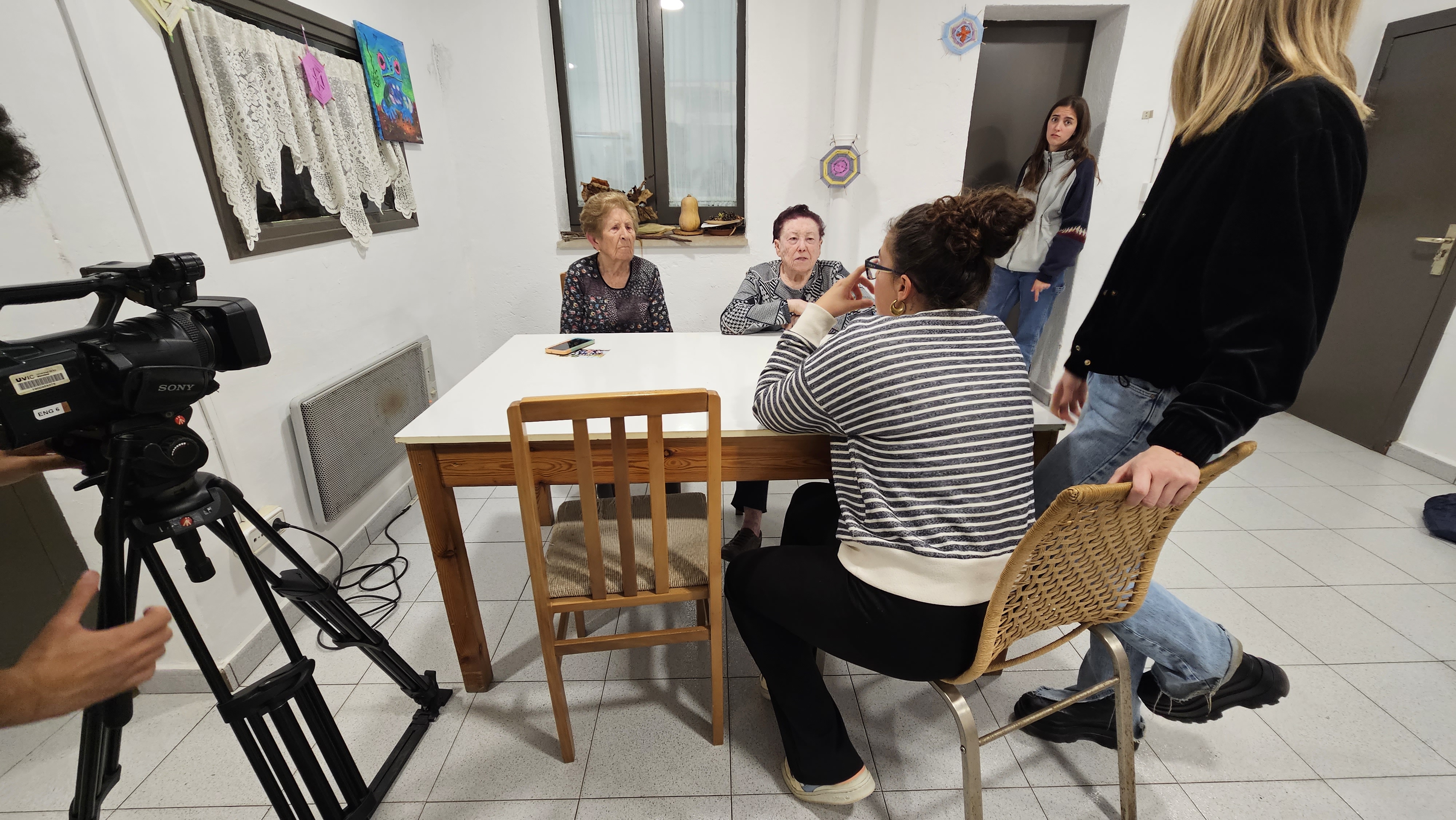Project Description
Type of project
Sociodigital diagnosis
Course
2022-23. September-December 2022
Edition
1st Edition
Getting closer to the sociodigital reality of the young people of Vic
Participating entities: Eight social entities in Vic that work with young people, Degree in Social Education at UVic-UCC. Vic City Lab. Social and Digital Innovation Laboratory (LISD) at UVic-UCC.
Description
Sociodigital diagnosis of the territory carried out within the framework of the subject of Social Research Methods with the collaboration of LISD to know the opinions of the group of young people of the territory and of professionals of the different entities. This action has had two objectives:
1) Collect and analyze data on the devices, types of connection and digital uses of young people in the municipality
2) Identify possible proposals for digital improvement for the community.
Participants: 4th year students of the Degree in Social Education of the UVic-UCC, young people and professionals of the eight participating entities, research staff of LISD.
Action plan:
- Collection, analysis and contrast of data on the sociodigital reality of the young participants from Vic.
- Elaboration and adaptation of the information collection tools to each group of young people: Participant observations, interviews with professionals, questionnaires and participatory dynamics with young people.
- Report on the socio-digital reality of the young participants and proposals for improvement.
Reflections:
The diagnosis has been useful in collecting data on devices, types of connection and digital uses of the youth of the municipality. The results show that most young people have a cell phone, although not all of them have a quality connection. In relation to the uses they make of the devices, although they are variable, they all share the use of communication and entertainment. The uses linked to the search for information and learning are more variable. Secondly, it has served to identify situations of digital vulnerability and to build socio-educational proposals with actions aimed at accessibility and digital competence.
In the process of data collection, the participating students of the Degree in Social Education have developed communicative strategies to adapt the questionnaires and participatory dynamics to young people and ensure their linguistic understanding. They have also reflected on the consequences of digital inequalities among the young population, since the results show that groups with a more vulnerable social situation are at a digital disadvantage compared to the population of Vic who live in more affluent economic and social conditions.







